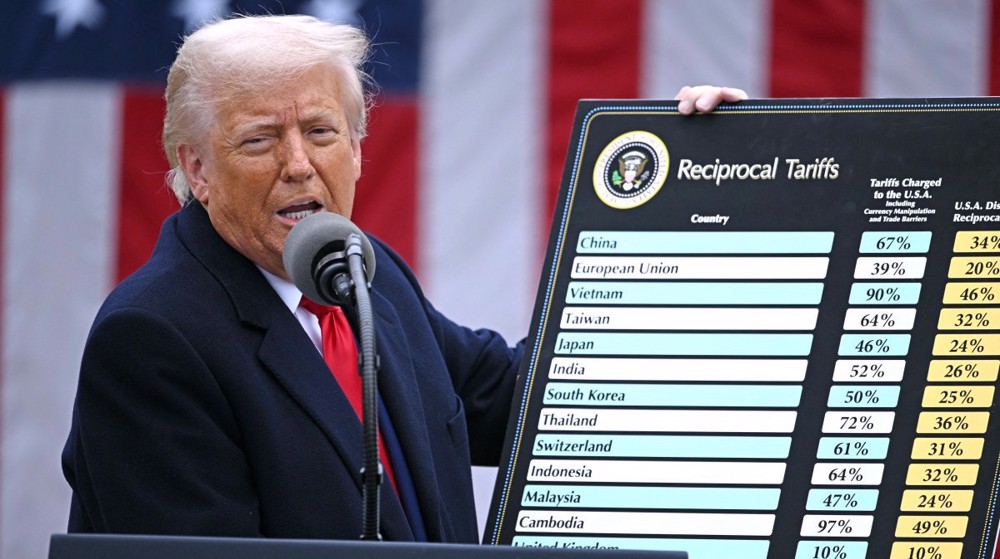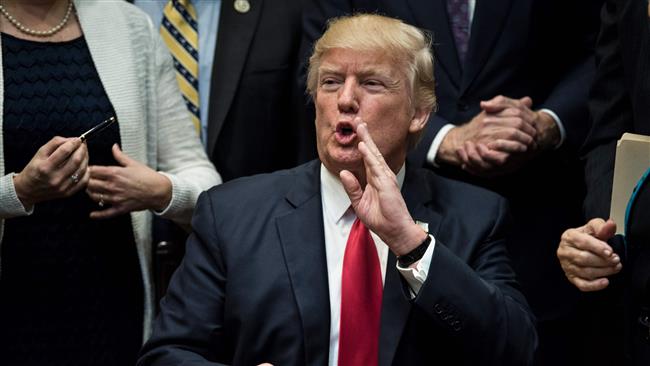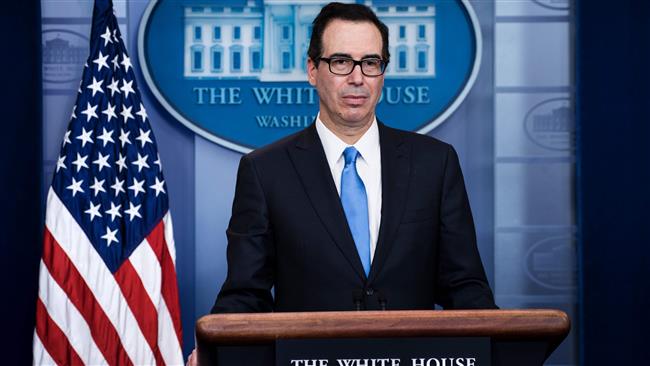Trump’s tax plan to benefit wealthy, cost $2.4 trillion: Study
The broad-based US tax cuts proposed by US President Donald Trump this week would mostly benefit the very wealthy while lowering government revenues by $2.4 trillion over 10 years, according to an analysis.
The top one percent of US earners, or those making more than $730,000 a year, would receive about half of all tax benefits created by the Republican plan, with their after-tax incomes rising by an average of 8.5 percent, according to a report released Friday by the Tax Policy Center, a nonpartisan think tank based in Washington DC.
While most income groups would see lower taxes on average in 2018, some middle-class taxpayers would end up paying higher taxes in a decade, according to the analysis.
The proposed tax cuts would also reduce federal government revenues by $2.4 trillion over the next decade and then by $3.2 trillion over the decade after that, according to the study.
"Despite the president's promises, it is implausible that this plan would permanently boost the economy," Howard Gleckman, a senior fellow at the Tax Policy Center, wrote in the report.
"Trillions of dollars in lost revenue would add to the federal debt, raise interest rates, and make it more costly for businesses to invest," he added.
Democratic lawmakers in Congress continued to criticize the plan on Friday, which they have described a giveaway to the rich.
Trump’s senior economic advisor Gary Cohn said Thursday the plan would be a boon to the middle class and create prosperity for all, by increasing growth to pay for the tax cuts.
Trump joined Republican lawmakers this week in announcing the plan, which would be the biggest US tax overhaul in three decades.
Trump’s proposal echoes the large tax cuts that former President Ronald Reagan, in 1981, and former President George W. Bush, in 2001, passed in the first year of their terms.
The plan calls for cutting corporate taxes from 35 percent to 20 percent. It would also lower the top individual tax rate, paid by high-earning American individuals, from 39.6 percent to 35 percent.
The proposal must be turned into legislation before being implemented, but analysts were skeptical that Congress could approve a tax bill this year.
Business lobbies praised the plan this week, saying it would revive struggling industries and increase employment. American companies have persistently campaigned for lower corporate tax rates and for a simplified tax code, arguing that they restrain economic activity and prevent hiring.
However, a recent study found that lowering tax rates on corporate dividends, which went into effect in 2003, did not encourage corporate investment or hiring.
Successive rounds of federal tax cuts have eroded progressive taxation and helped increase wealth inequality in the US, according to research by the economists Thomas Piketty of the Paris School of Economics and Emmanuel Saez of the University of California at Berkeley.
Lebanon’s president condemns Israeli strikes as 'blatant act of aggression'
VIDEO | Epstein and Trump: Scandal, power, and political fallout
Trump admin. advances Saudi nuclear deal, leaves door open to enrichment: Report
Leader donates 50 billion rials to free financially struggling prisoners
Guardians of sky: How Iran’s radar network turned 12-day war into a blueprint for deterrence
The story of ancient Persia’s chromium steel
Iranian Navy chief calls for broader naval collaboration at MILAN 2026 naval exercise
VIDEO | Mini Iraq; A city in India that connects faith across borders
















 This makes it easy to access the Press TV website
This makes it easy to access the Press TV website